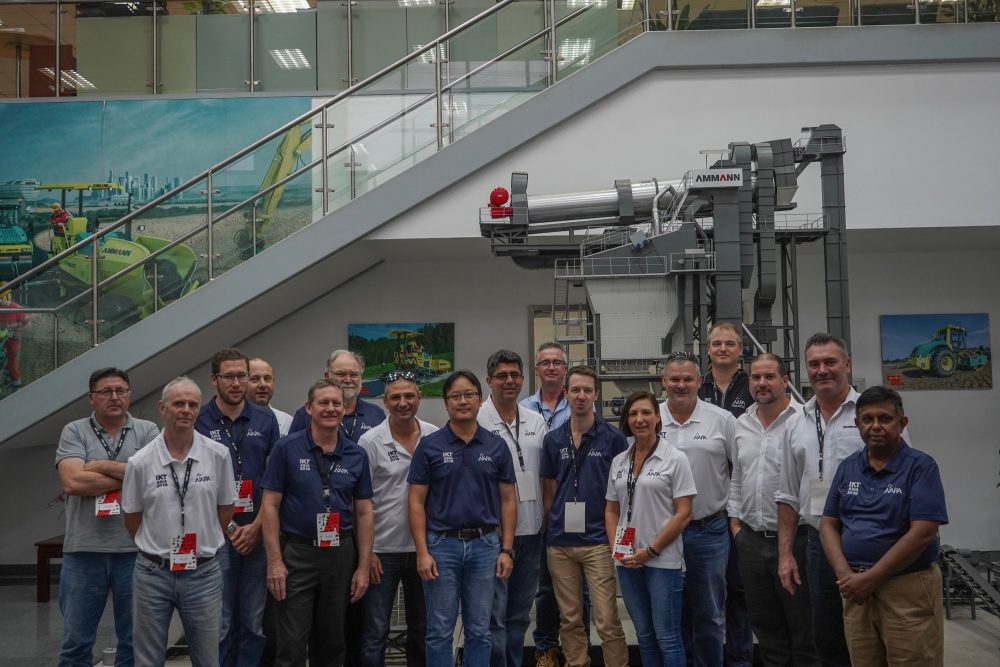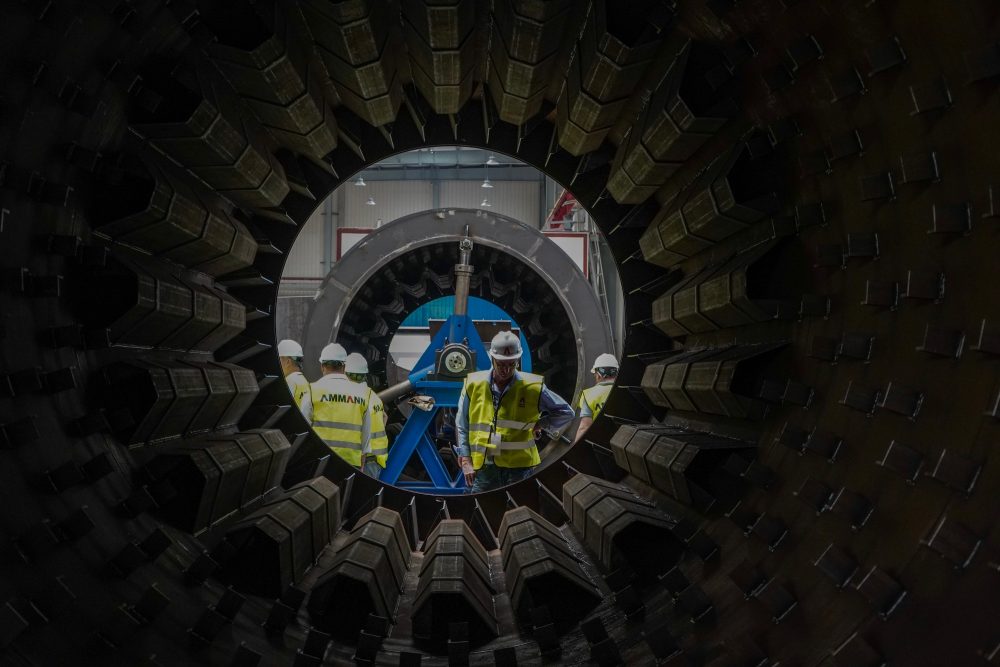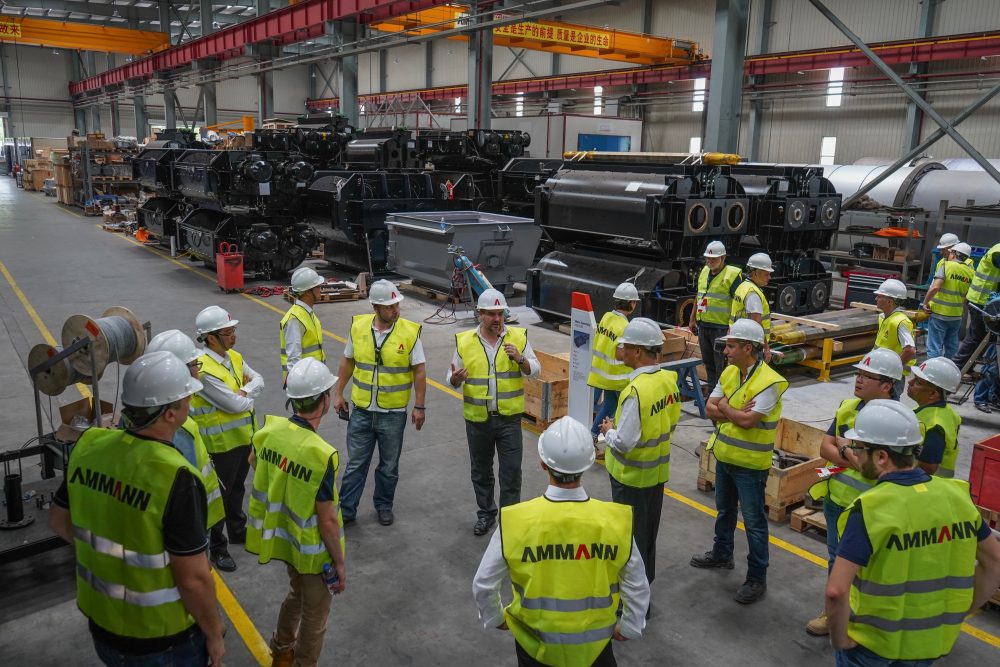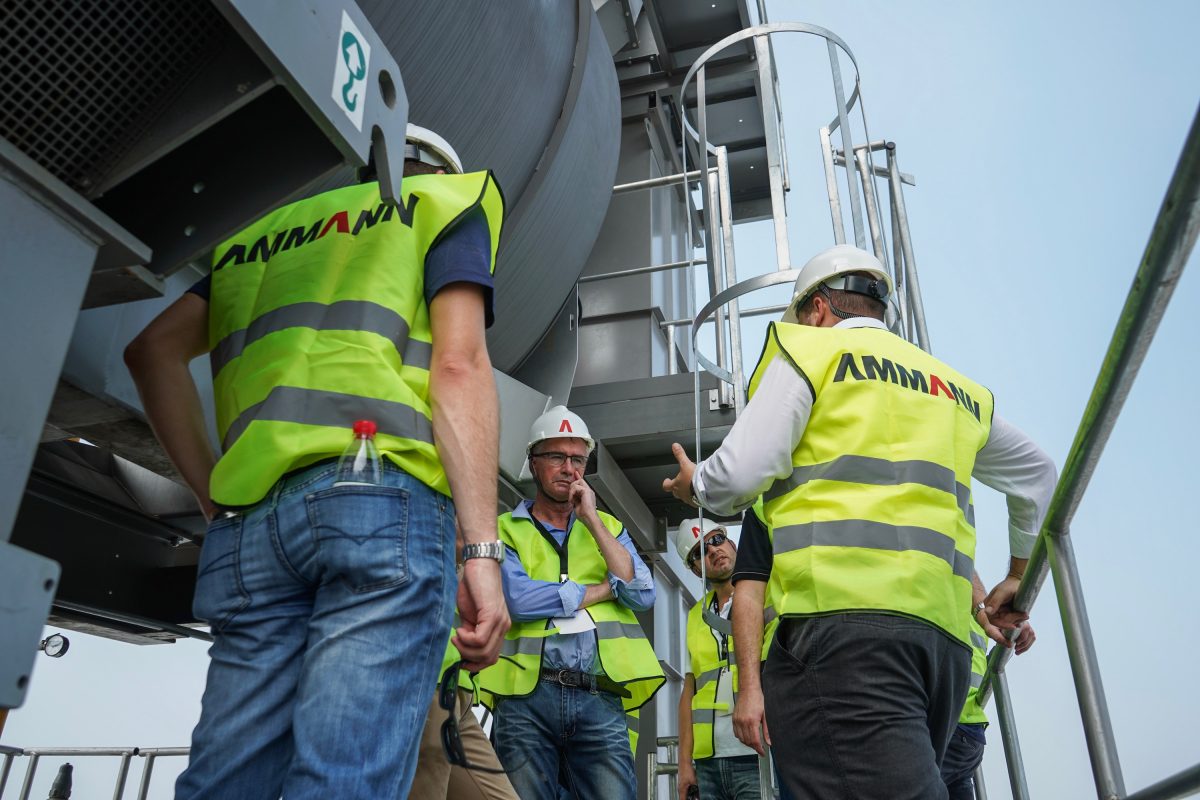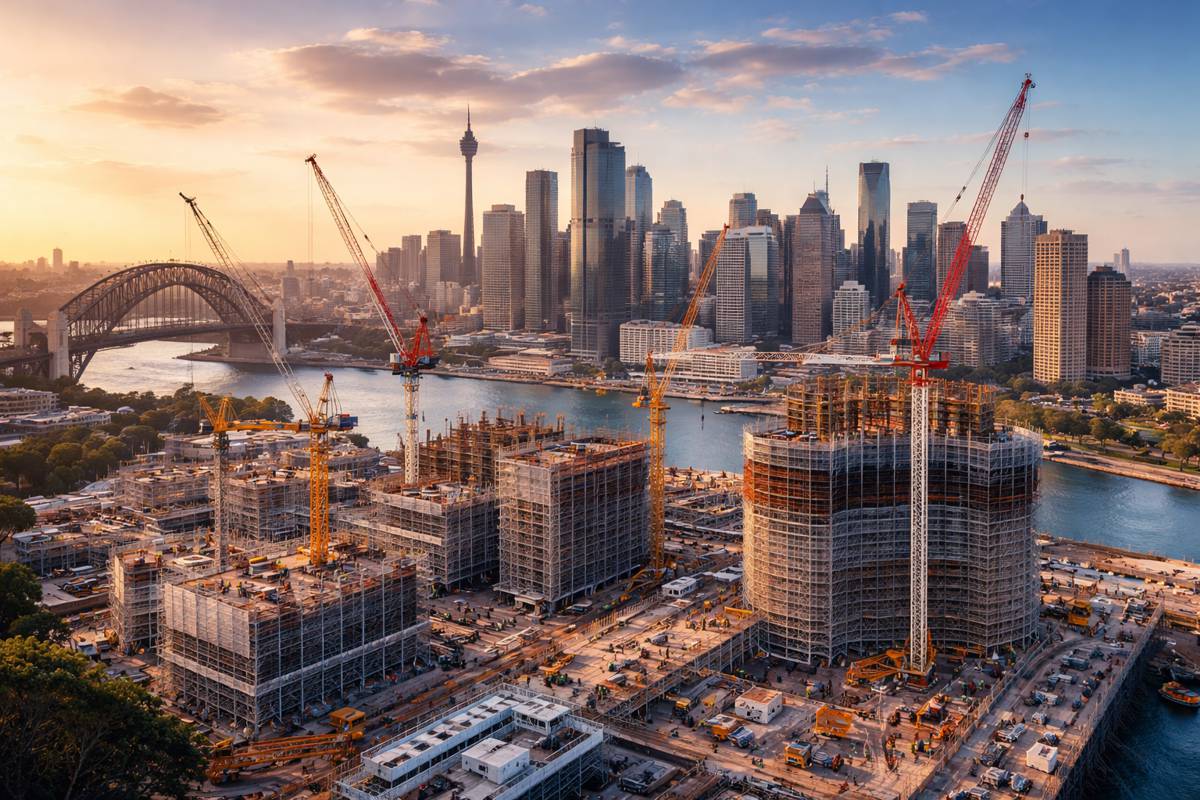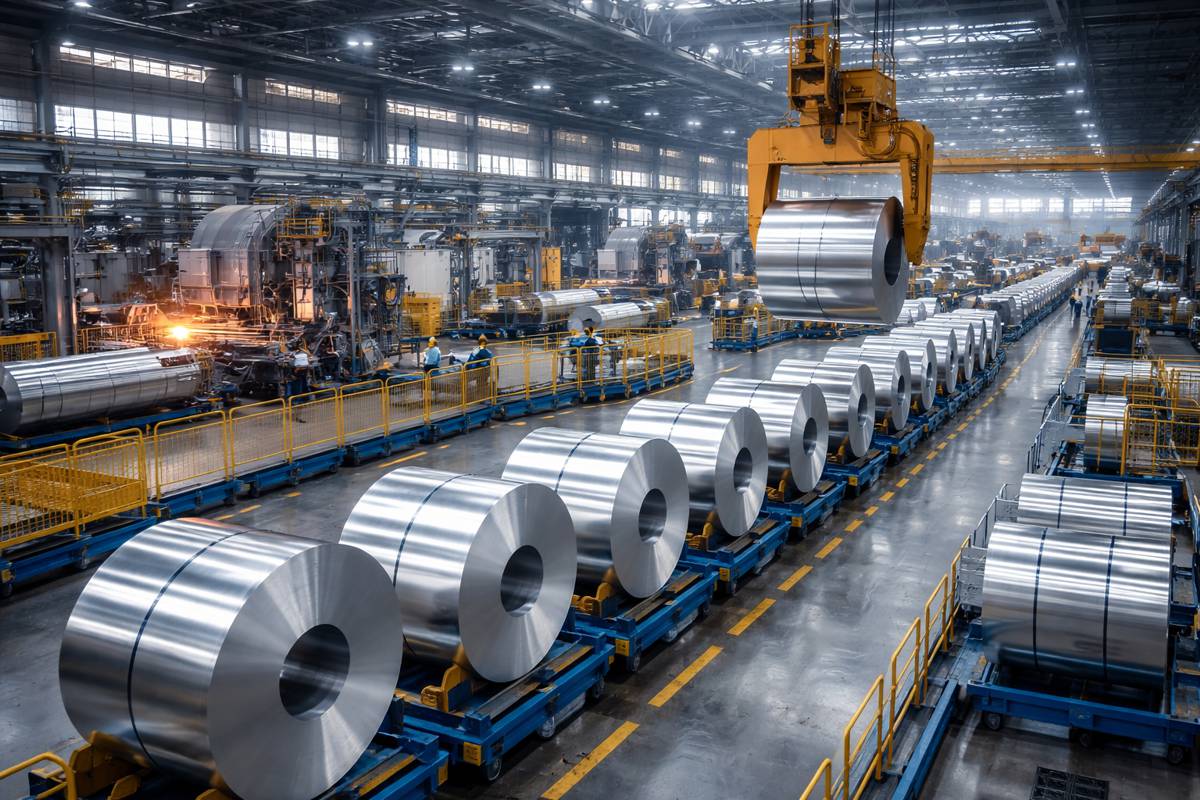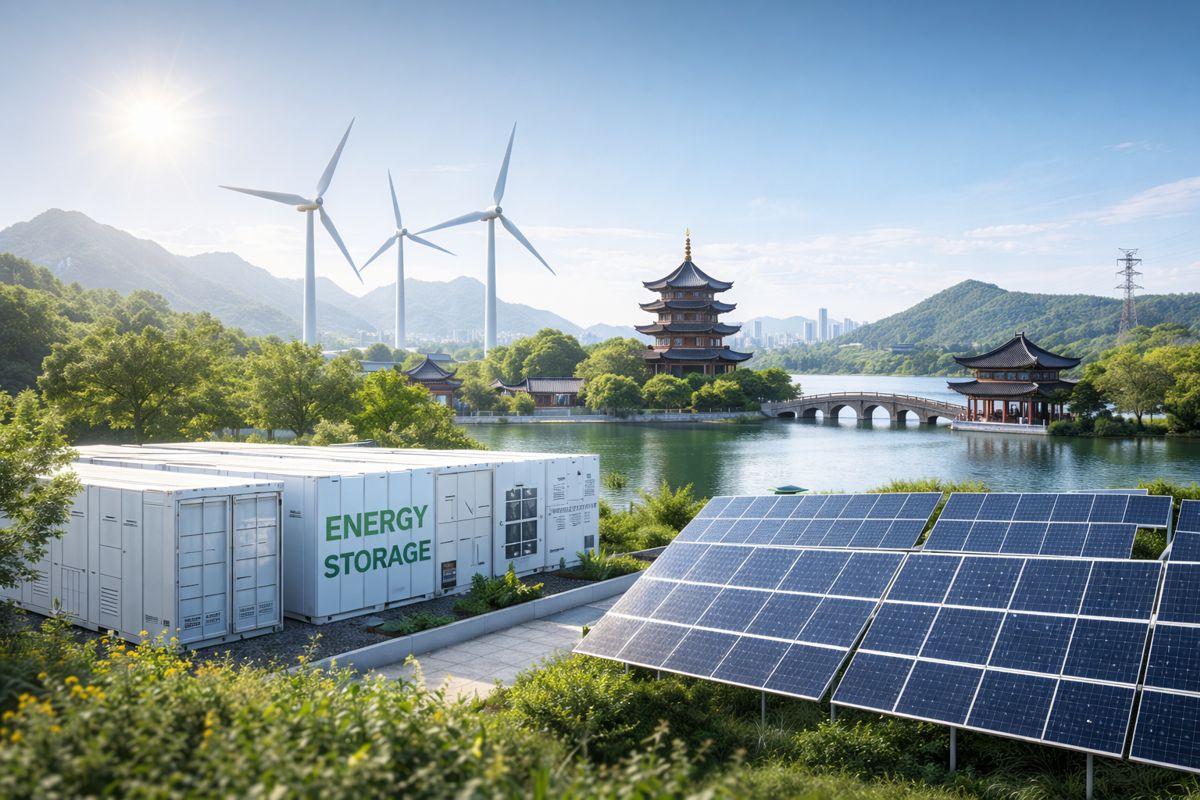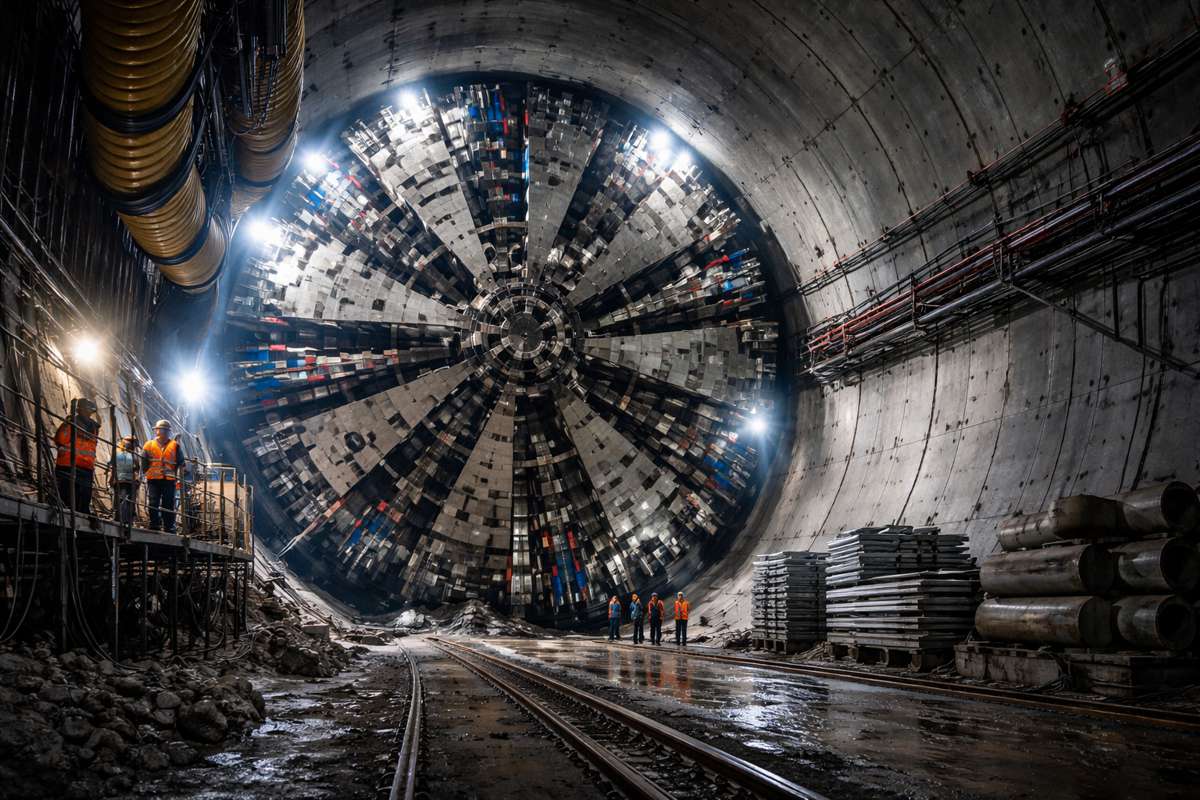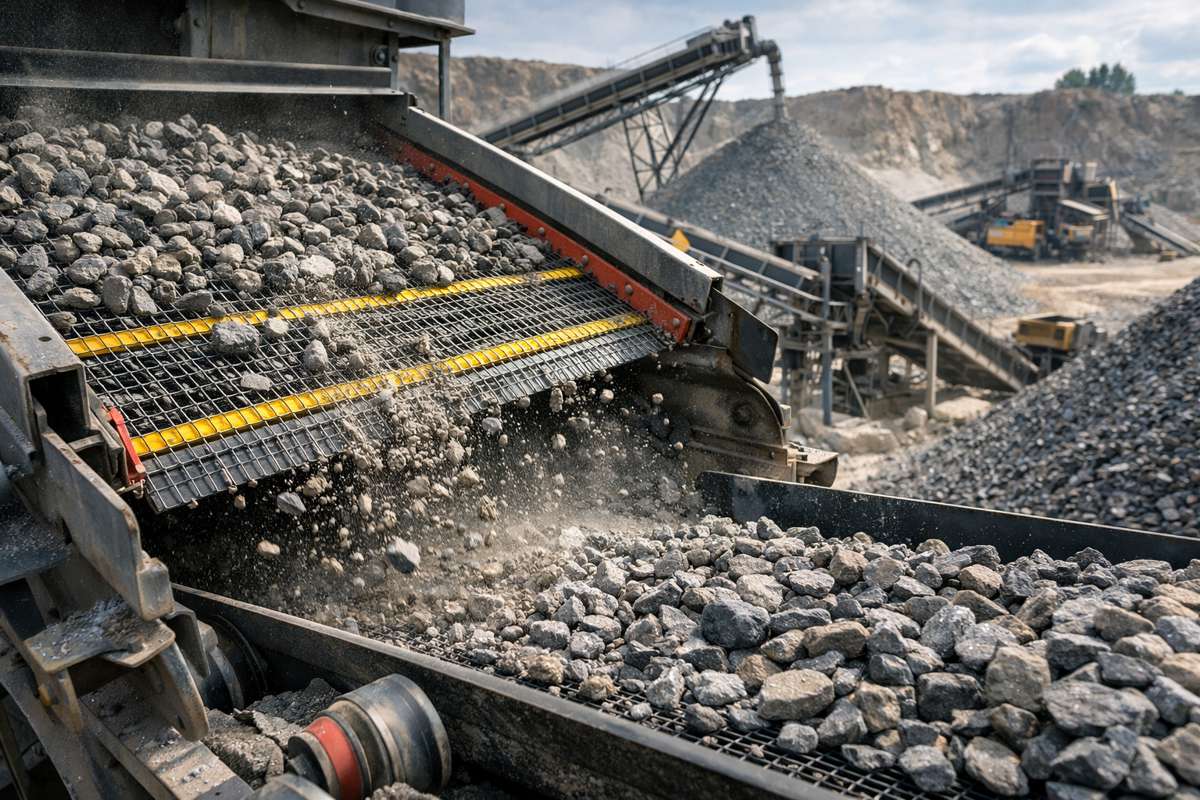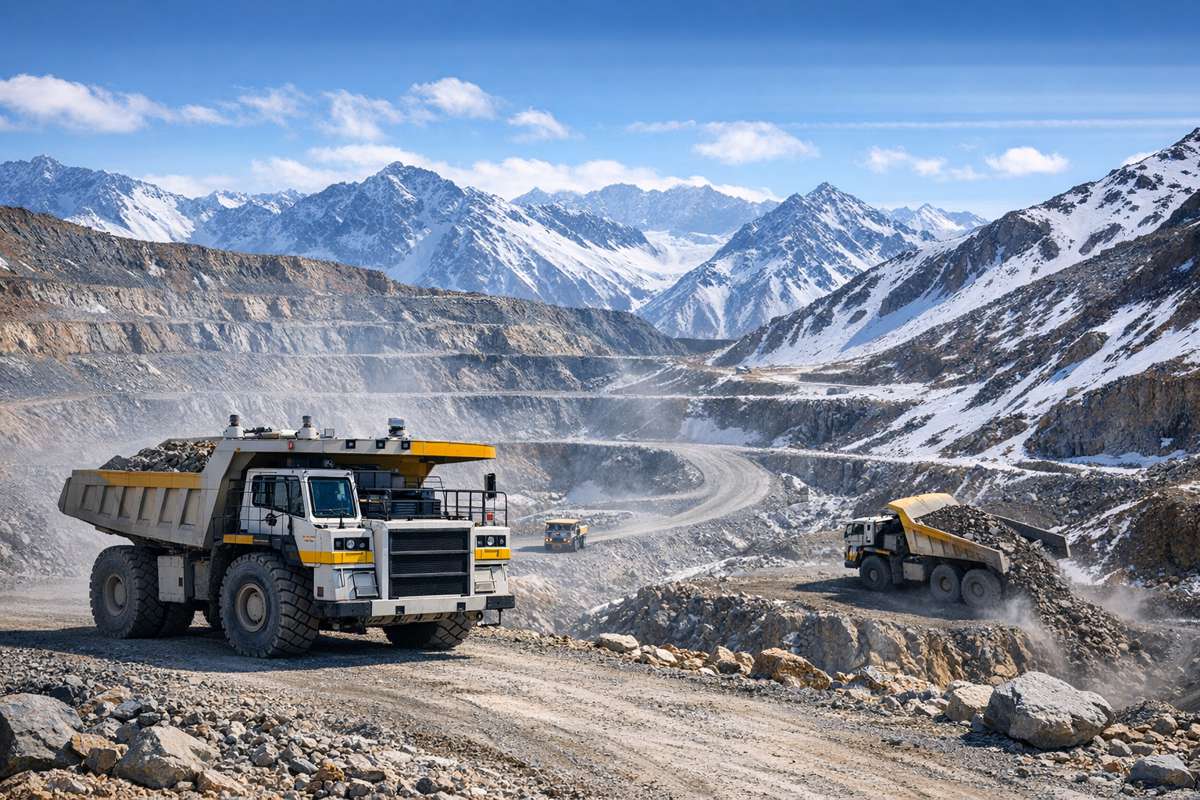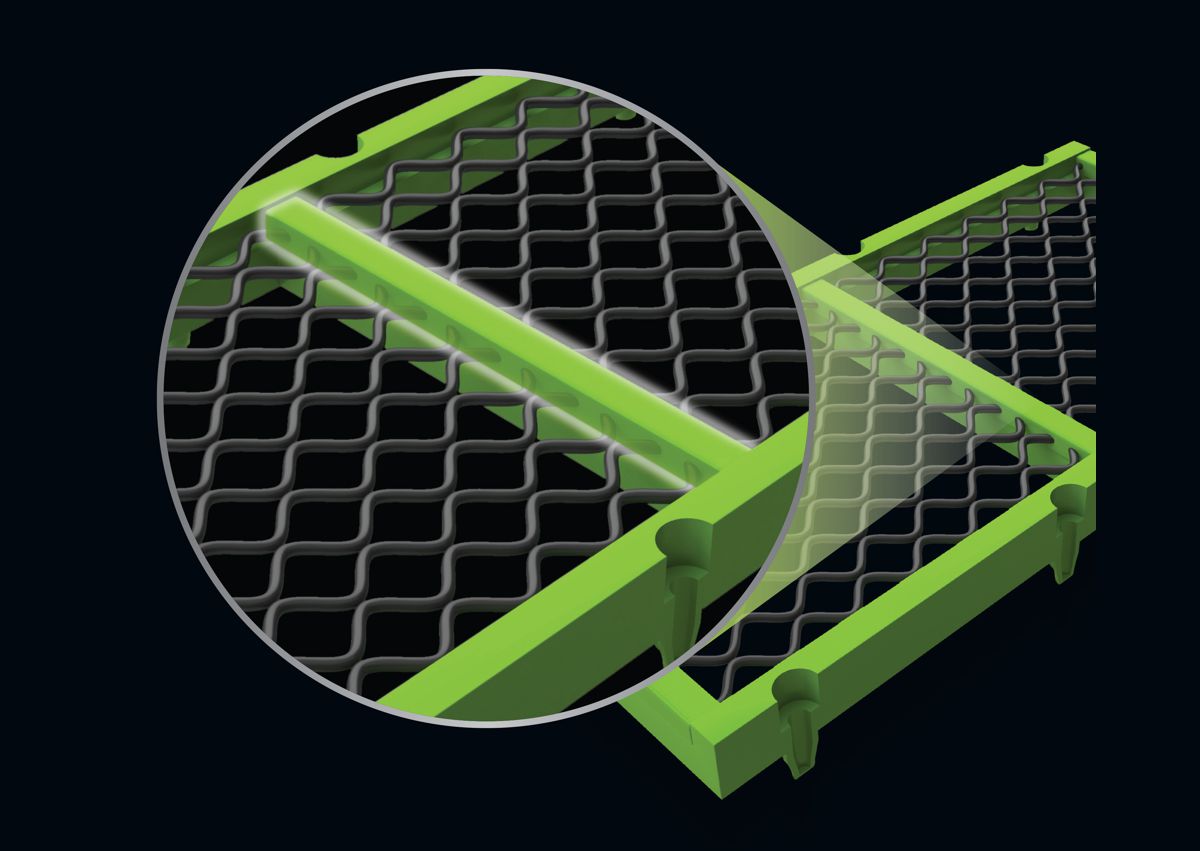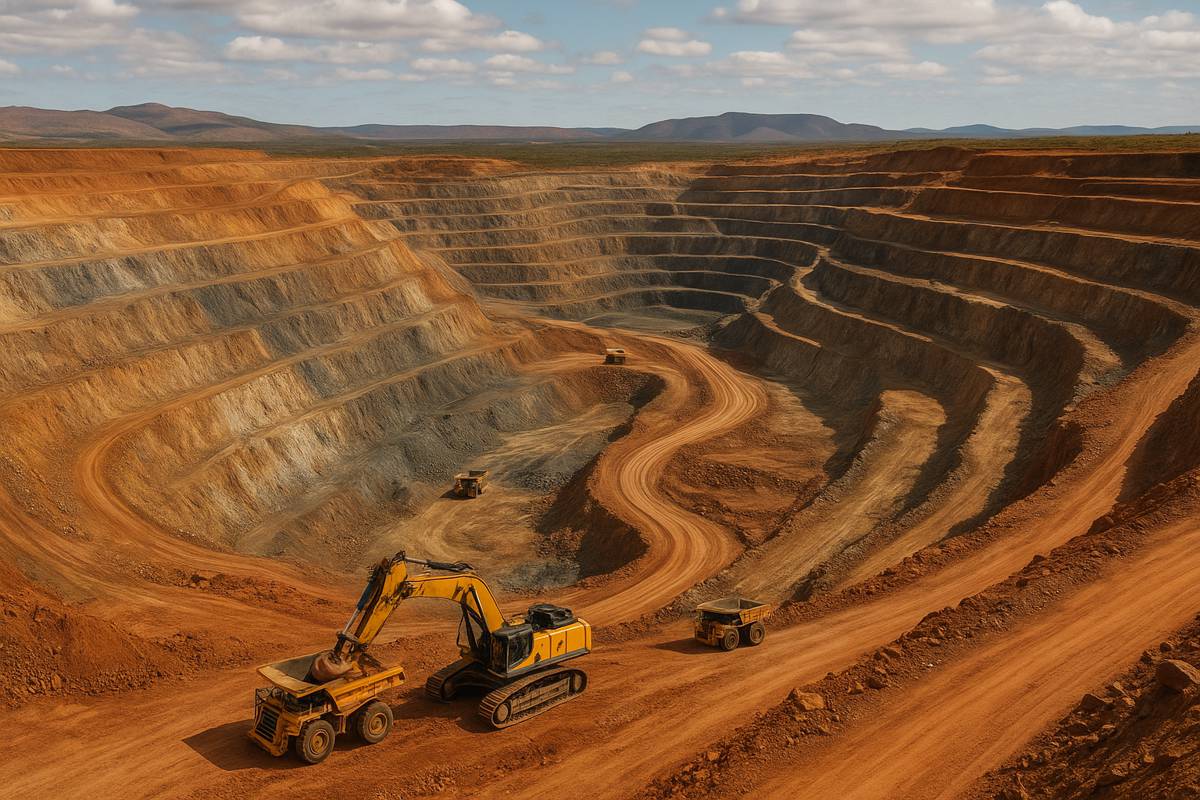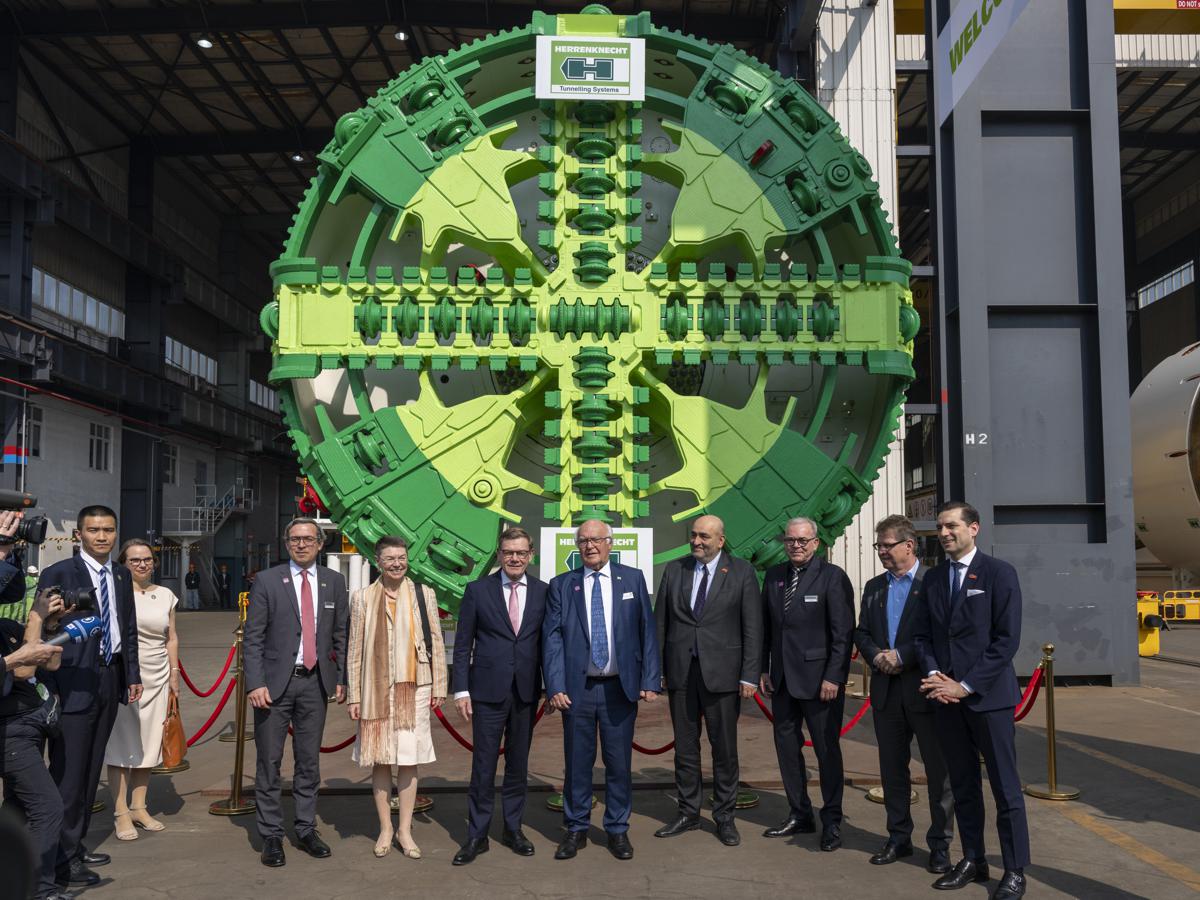Australian asphalt experts impressed with Ammann factory in China
A group of Australian asphalt experts visited Ammann China during a recent information gathering tour and came away impressed with the manufacturing facility – and optimistic about the role Ammann products can play in their country’s future.
Twenty delegates from the Australian Asphalt Pavement Association (AAPA) visited South Korea, Japan and China and stopped at road authorities, a bitumen refinery, road construction firms, research institutes – and Ammann’s Shanghai facility for manufacturing asphalt-mixing plants.
“What stood out the most was the professionalism of the Ammann team and the efforts and measures taken to ensure the quality of the product,” said Carlos Rial, Chief Executive Officer of AAPA, which represents all sectors of the Australian bituminous flexible pavement industry. “The factory was clean, well-organised and professionally laid-out with a high regard to safety practices.”
Rial believes the facility will only get better. “It was obvious to all that Ammann is very serious about continuous improvement in quality control in manufacturing and has demonstrated this over the past 10 years at its Asian plant,” Rial said. “It is a testament to the culture the organisation brings to the manufacturing industry in China and also how well it treats its workforce to retain highly skilled labour.”
The visit to Ammann China was part of the AAPA International Knowledge Transfer (IKT) 2018 outreach to Asia. The delegates have diverse backgrounds, including state and local road authorities, road construction contractors, design firms, research bodies and bitumen suppliers.
“All delegates seek to participate in the knowledge exchange for their organisations and also to represent a collective AAPA voice that can drive change to benefit all industry in Australia,” Rial said. “This exciting knowledge exchange between countries is an opportunity to benchmark best industry practices and to drive improved safety, sustainability and value for money through improved efficiency and innovative solutions.”
The visit comes as Australian roadbuilding officials are looking at ways to increase utilisation of recycled asphalt (RAP). Key data was shared during the stop at Ammann China regarding high RAP usage and the best plants and technologies for doing so.
In some parts of Asia, such as Japan, high percentage recycling is a priority. The percentages are much lower in Australia, and increasing the ratio will require the implementation of improved asphalt-mixing plant technology.
The delegates saw such technology in action when they departed the factory and paid a visit to a nearby working plant, an Ammann ABA UniBatch. Ammann’s RAP technology, which prevents damage to the bitumen when working with the recycled materials, looks to be a good fit for Australia.
Future plants will have to address environmental concerns beyond RAP utilisation, something Ammann products do. “The technology used by Ammann to address emissions and odor was particularly interesting,” Rial said.
The emphasis on technology went beyond asphalt-mixing plants to include the compaction machines and light compaction equipment that also is produced by Ammann.
“There was a good information exchange on opportunities to improve pavement performance and enhance safety through Ammann advancements in compaction, remote-control, autonomous-plant and hazard-sensing technology,” he said.
Rial believes lessons learned made the two-week trip worthwhile. He remembers Ammann as a very notable stop along the journey.
“The delegation was impressed with what was presented at the factory, the openness of the information exchange and the journey Ammann took from the time it began manufacturing until now,” Rial said.









